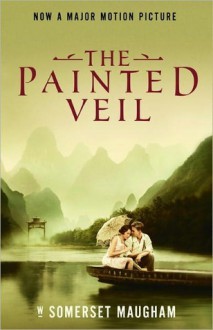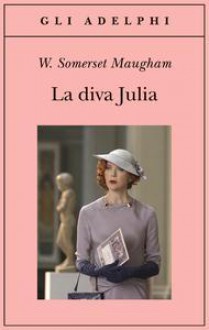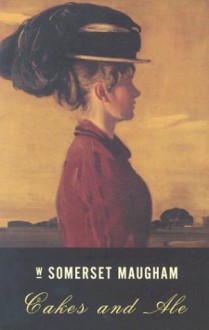
W. Somerset Maugham really did not like women, did he?
So far, all of the women we have been introduced to in this novel were either cruel, silly, jealous, full of intrigue, cold, or ugly.
Mrs. Garstin is even described as the archetypal Lady Macbeth.
The men on the other hand, seem to be far more interesting, complex, well turned out, intelligent, and sensitive, and put-upon by the women in their lives.
I am not expecting to love this book, but I am intrigued enough to find out more about WSM's writing. I haven't read anything by him since high school and this particular book has been on my kindle for years.
Btw, a quick note to my fellow Agathytes:
The main character in this is Walter Fane. I wonder if Dame Agatha had read this and liked the name enough to use it again (in Sleeping Murder).

 Log in with Facebook
Log in with Facebook 









